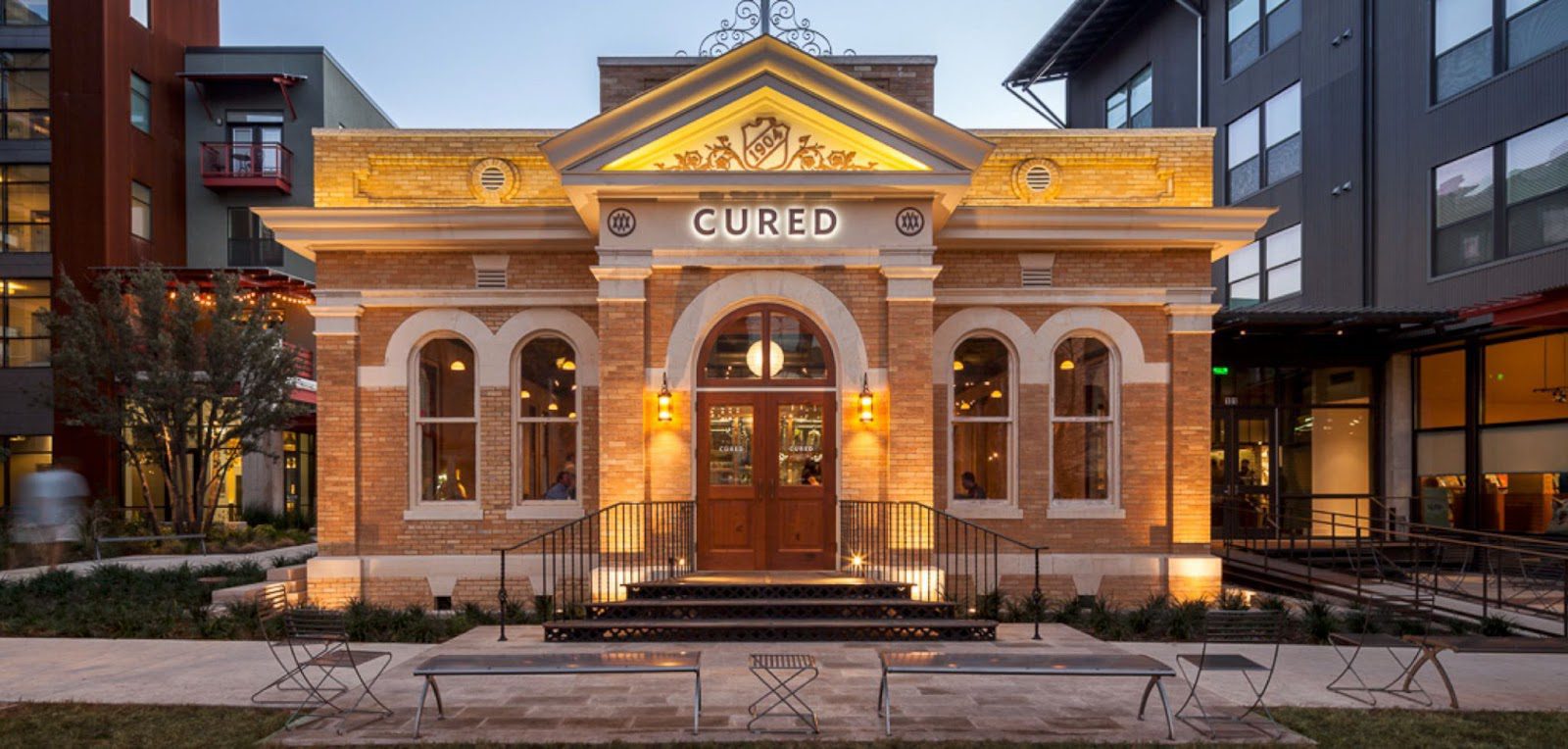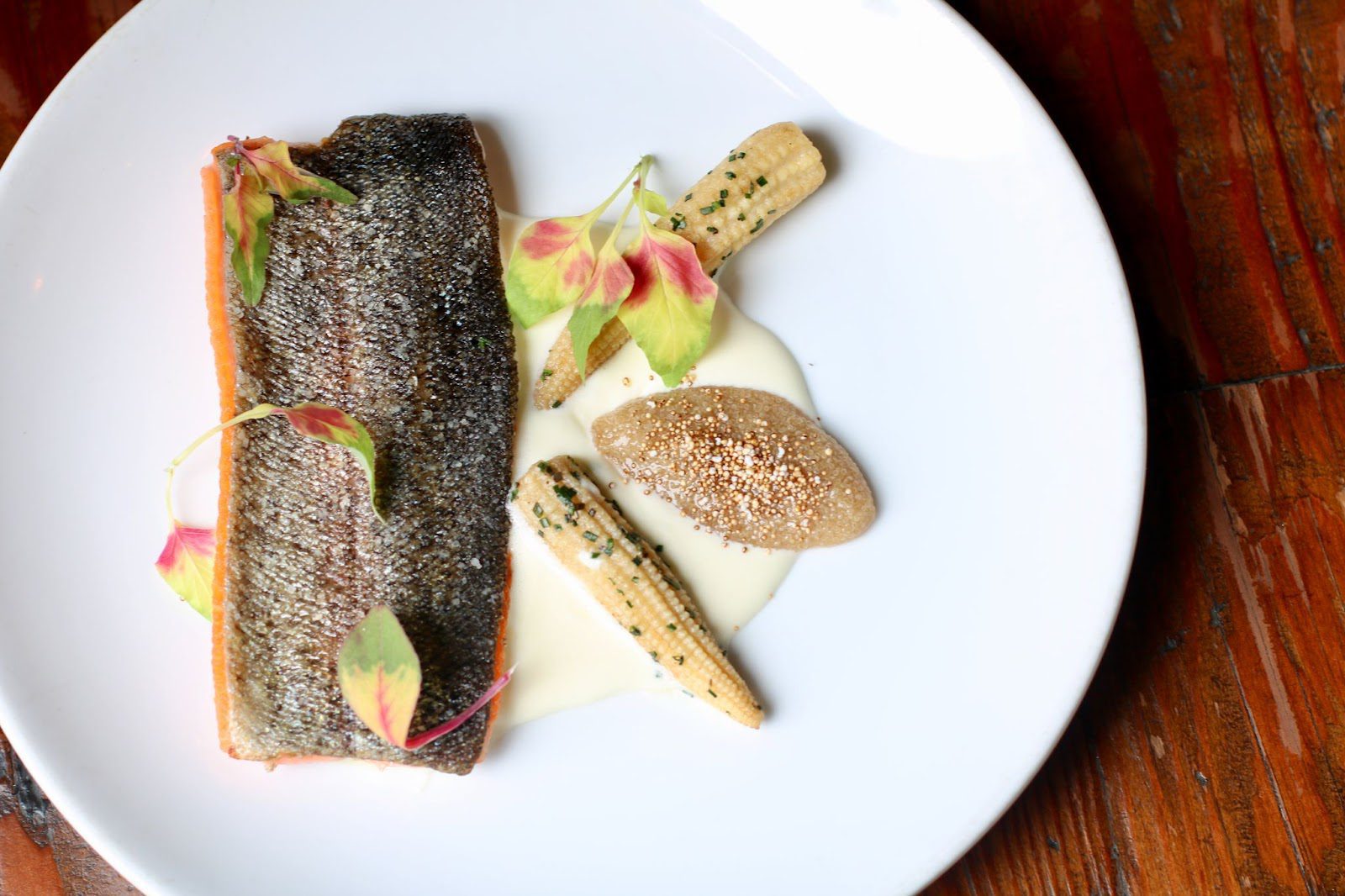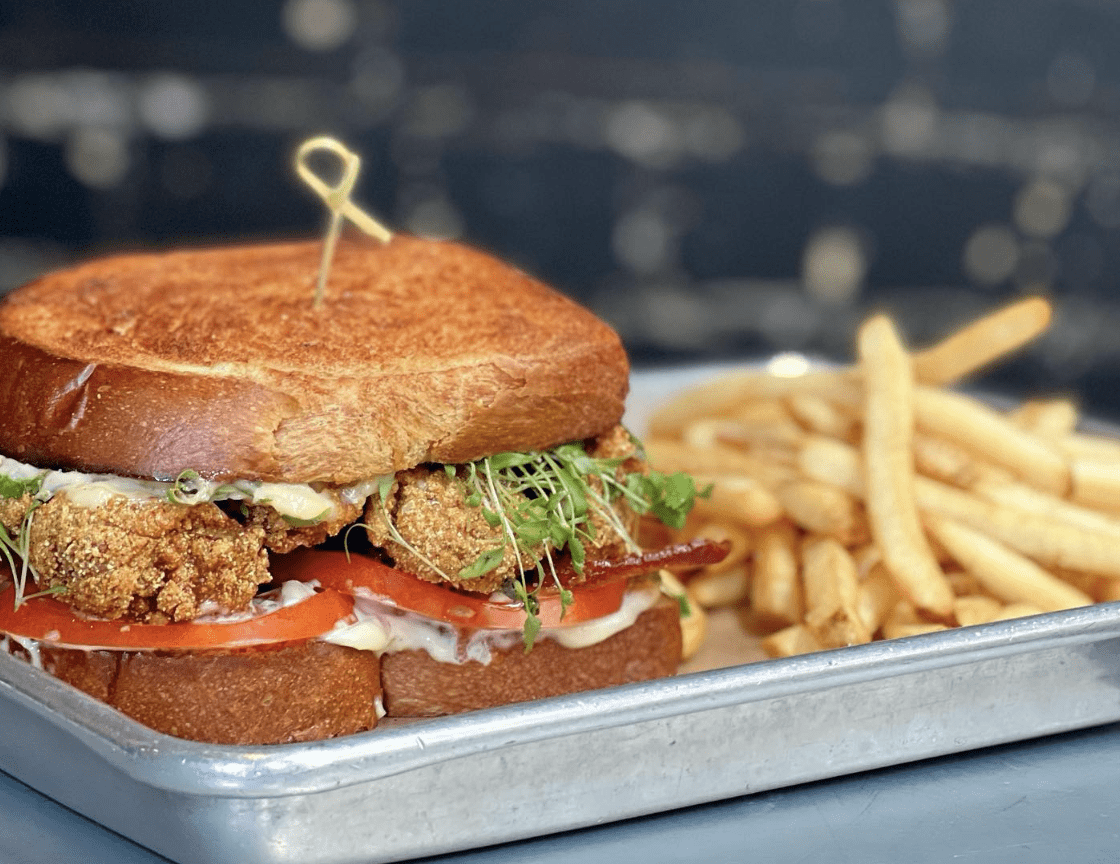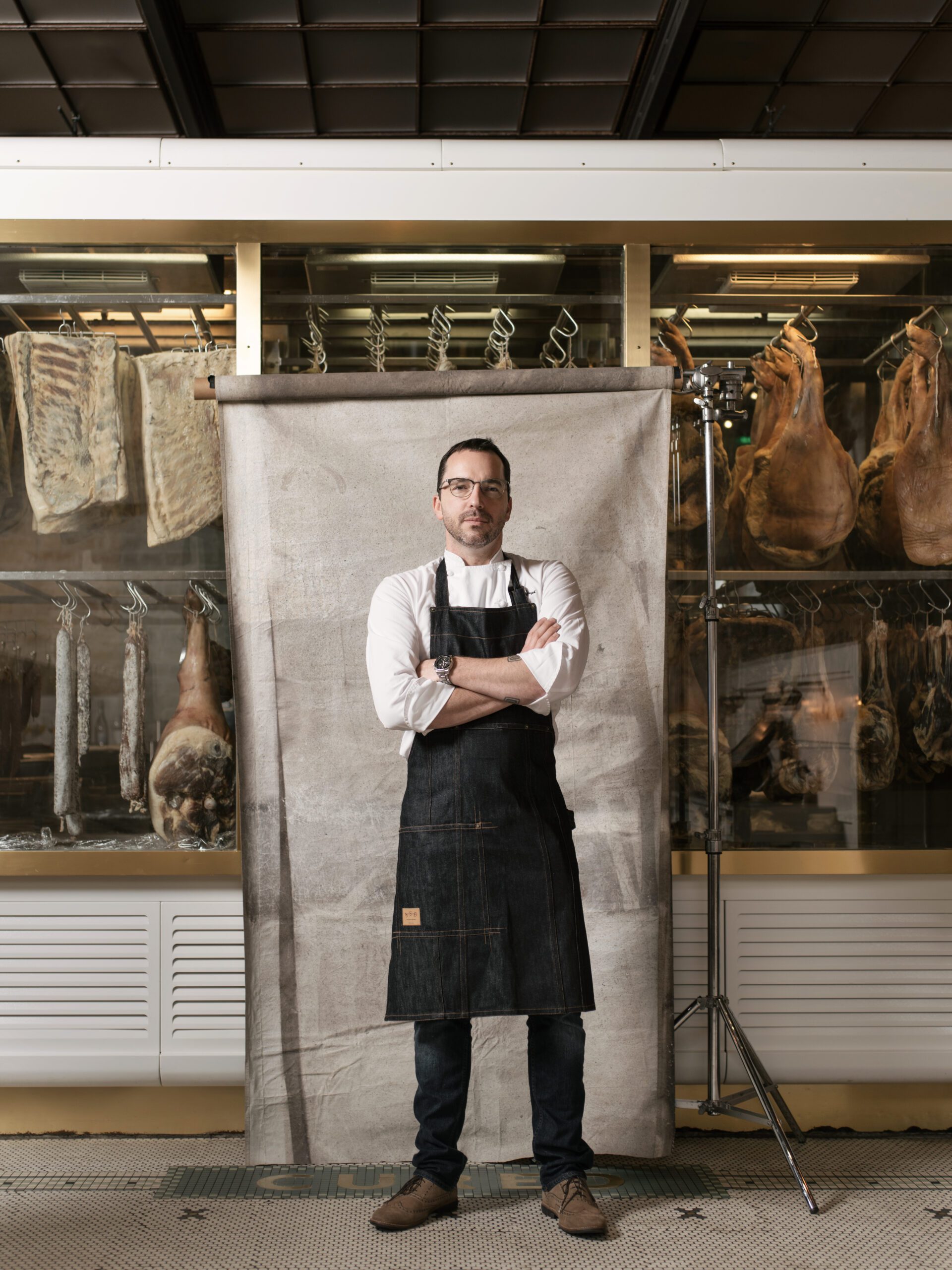The restaurant business is an industry where sustainability is becoming more prominent, especially as locally-sourced ingredients become more popular and chefs get more creative. In Texas, one such chef is reimaging Texas food and fine dining with unique elements. His craft is modeled on the idea of sustainability and farm-to-table, but with a twist.
Chef Steve McHugh has two restaurants in San Antonio: Cured and Landrace. He is also planning on opening Luminaire in Austin. McHugh’s work has earned recognition amongst culinary experts, including the James Beard Foundation. The Foundation is a nonprofit dedicated to uplifting diversity and social actions through cooking, including sustainability. It has partnered with food brands like Morton Salt and LeanPath, another nonprofit that tracks a restaurant’s food waste and gives tips on reducing its waste. Despite being nominated for Best Chef in Texas six times by the foundation, McHugh has yet to receive the prestigious honor, but one can sense his time is coming.

Consensus had the privilege of chatting with Chef McHugh about his sustainability measures at his restaurants. A certified Smart Catch chef, his seafood dishes are all sustainably sourced and shipped. “At Cured, I use only green-rated seafood, meaning it has been rated as sustainable by the Monterrey Aquarium in California. They will look at the sustainability of the species, whether it was sustainably caught, and the operation’s sustainability, like it, was raised on a fish farm,” McHugh shared.
Along with fresh, sustainable seafood, Cured has an impressive line of cured meats. It gets its namesake partially due to them and as a recognition of the chef’s battle against lymphoma.

McHugh works with local ingredients. Cured utilizes Indigenous ingredients like cactus flaps, prickly pear, and the chef’s signature vegetable, the mesquite bean. “Mesquite beans are super sweet beans you can pluck off trees, and they taste almost like brown sugar and coconut,” he explained. “Natives would gather these beans, ground them up into a powder and mix them with water for a readily-available protein source. Since many people in Texas considered the mesquite tree to be a nuisance, I wanted to see if I can utilize them.”
This use of Native American ingredients on top of typical vegetables is a testament to Chef McHugh’s willingness to adapt. Rather than ship in new cuts of meat, he buys a whole animal that he will use all parts for dishes. “The menu changes twice a day between dinner and lunch, and every week it could be something new,” he said. His team of cooks is constantly experimenting with flavors and other non-traditional ingredients.
Besides his restaurant enterprises, Chef McHugh is involved in sustainability policies for the city of San Antonio, TX.
He is a proud board of the Tamōx Talōm Community Food Forest in San Antonio’s Padre Park. Funded by the Food Policy Council of San Antonio, the forest will serve as a public space and a way to grow fresh produce for citizens. It’s designed to function better than an urban garden because it needs less attention and can naturally regrow after harvesting. Chef McHugh said they are growing citrus fruits, peppers, prickly pear, and cactus and hope to see solid harvests by next fall.

The chef’s work in restaurant sustainability sets a new precedent for top dining experiences. Rather than having a set menu, his fluctuating one allows for more unique, non-traditional dishes, keeping diners on their toes. He prides himself on creating gourmet meals sustainably. You could find sustainably-sourced oysters in one of his favorite dishes, a bacon-oyster-tomato sandwich with habanero pepper aioli. You might discover pork shoulder on the menu one day, but pork chops the next, with both cuts of meat from the same pig.
While Cured uses Native ingredients and features more “out there” dishes, Landrace focuses on using native Texas ingredients. McHugh shared that the new restaurant in Austin, Luminaire, will focus on local Texas fare.





